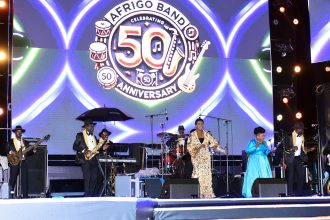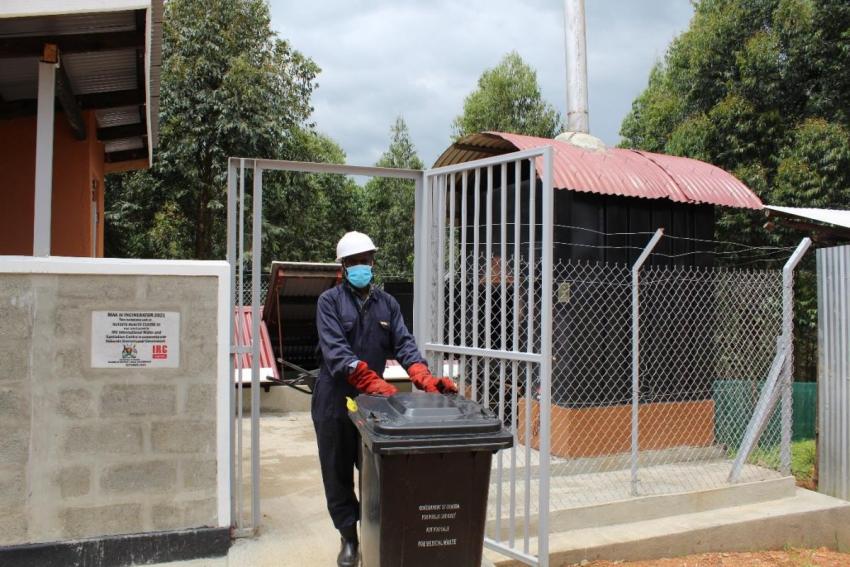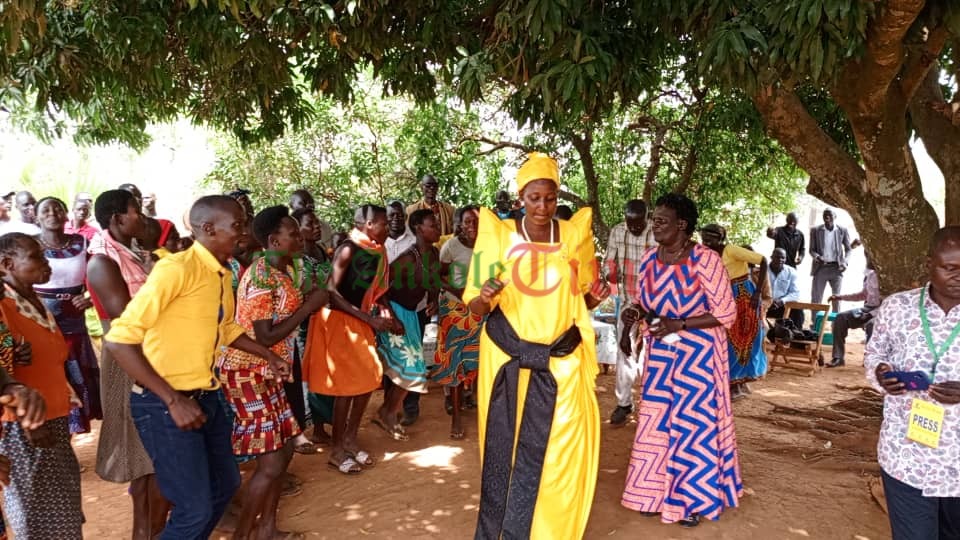Lira City Environment Officer, Leonard Otika, has earned praise as he liaises with the National Renewable Energy Platform (NREP) to promote and demonstrate the use of clean cooking technologies to stakeholders and selected secondary schools in Lira City.
This initiative aligns with the national transition from traditional cooking methods to modern alternatives known as “clean cooking technologies.”
In an interactive engagement held at the Lira City Council Hall on Tuesday, June 17, 2025, the event attracted participants from all walks of life, including police, media, school representatives, local leaders, and development partners. The outreach campaign was highly coordinated by the City Environment Officer in collaboration with NREP, the Ministry of Energy and Mineral Development, and UKaid. Many attendees described the campaign as “remarkable” and a “wonderful step” toward adopting clean cooking methods.
Leonard Otika, the City Environment Officer and focal person for energy programmes in Lira City, reported that four schools—St. Gracious Secondary School, Lango College, Saving Grace Nursery and Primary School, and St. Katherine Girls Secondary School—have expressed interest in transitioning to clean energy cooking systems, particularly biogas.
Otika urged other institutions to follow suit, emphasizing that adopting modern cooking technologies would help reduce deforestation, expand forest cover, and mitigate the effects of climate change.
He highlighted the importance of decentralizing e-cooking to rural communities, which are often the most vulnerable to the dangers of traditional fuel use. According to Otika, an electric pressure cooker can prepare a full meal using only half a unit of electricity, costing approximately UGX 400.
However, Tom Richard Olello, the Director of Studies at Lira Police Primary School, highlighted the financial burden of using firewood. He noted that the school spends nearly UGX 4.5 million each term on just three lorry trips of firewood. Olello encouraged institutional kitchens to adopt clean energy cooking solutions to reduce exposure to smoke and contribute to gradual environmental recovery.
Meanwhile, the Lira City campaign reinforced Uganda’s commitment to sustainable energy solutions and demonstrated that behavior change, government support, and strong partnerships are key to achieving national clean energy goals.
According to Mariah Kizza, the campaign aims to reduce reliance on traditional biomass fuels, which continue to pose serious environmental and health challenges, especially among the local population. Kizza, an official from NREP, stated that 88% of Ugandans still use traditional cooking methods—mainly firewood and charcoal—while only 2% of the population uses electricity for cooking. About 10% rely on fossil fuels such as liquefied petroleum gas (LPG) and kerosene.
She disclosed that Uganda’s annual demand for wood fuel and charcoal stands at 53 million tonnes, yet the sustainable supply is only 26 million tonnes.
Kizza emphasized that electric cooking provides a safer, cleaner, and more economical alternative to traditional methods, which also take longer to prepare meals.
Mr. Vincent Okurut, the Lira City Town Clerk, urged the people of Lira and surrounding areas to advocate for environmental conservation within their communities. He attributed the harsh weather conditions during dry seasons to environmental degradation caused by deforestation.
The Ministry of Energy, under the leadership of Minister Ruth Nankabirwa, is spearheading efforts to expand access to modern cooking technologies.
At least five electric pressure cookers were handed over to prominent city officials, including the Assistant Resident District Commissioner (ARDC) Proscovia Ayoo, the Mayor, the Town Clerk, police representatives, North Kyoga Police PRO SP Jimmy Patrick Okema, and the City Environment Officer Leonard Otika, for institutional adoption of clean cooking technologies.
The clean cooking campaign tour, which has also been held recently in Soroti, Mbale, Mbarara, Gulu, and Jinja, aims to build momentum across urban and rural Uganda, according to Mariah Kizza.
The programme is supported by development partners including UKaid, Modern Energy Cooking Services (MECS), and the Uganda National Alliance on Clean Cooking (UNACC).




















